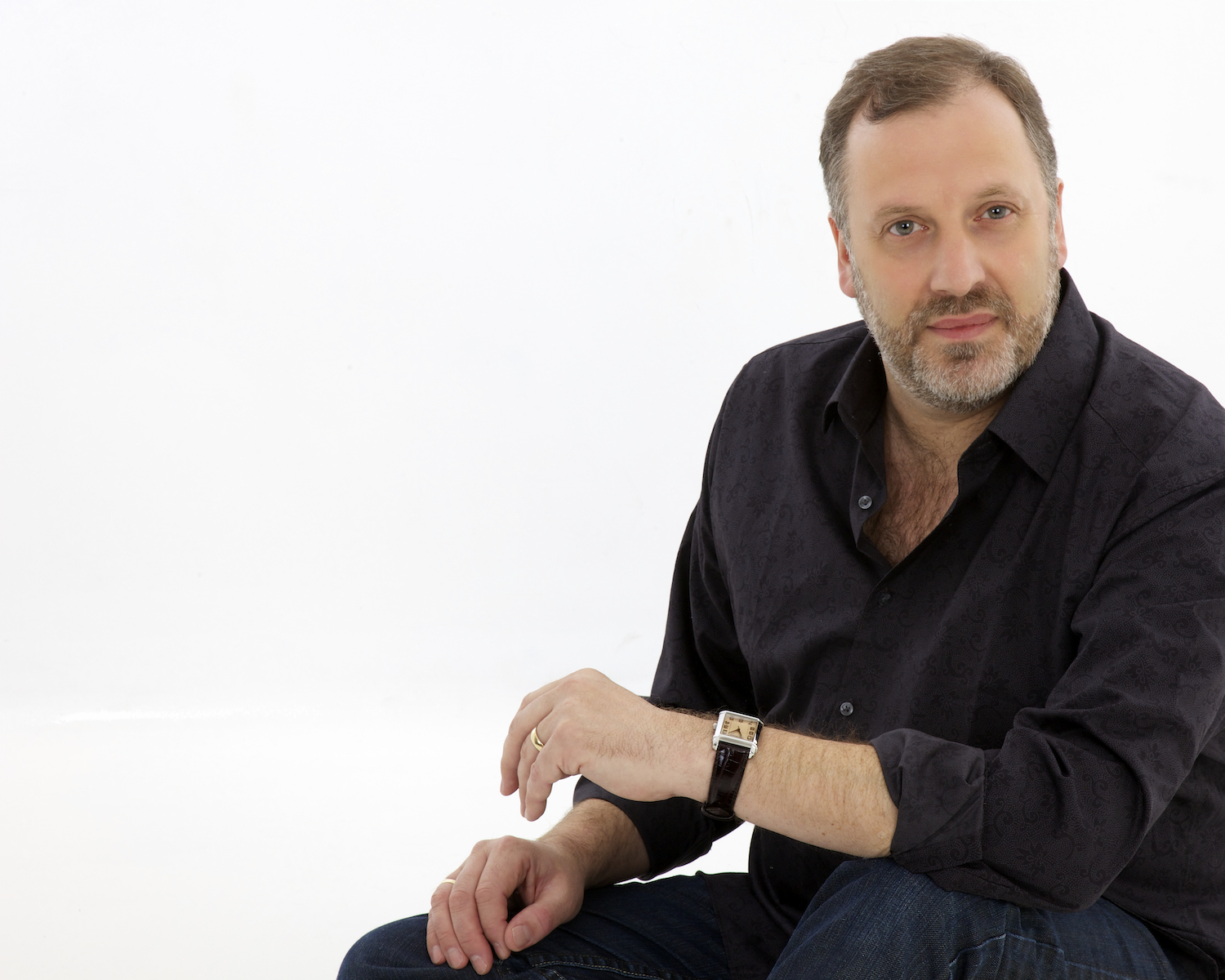They dreamed the impossible dream in 1970, turning aspects of Cervantes' Don Quixote into the musical Man of La Mancha. But Purcell, Eccles and the lively dramatist Thomas D'Urfey - anyone know his hit song "The Fart"? - got there first nearly 300 years earlier when the Knight of the Woeful Countenance trod the boards at Drury Lane's Theatre Royal in a seven-hour entertainment.
Harry Bicket and The English Concert devised a clever programme of joyous early showbusiness homaging the 400th anniversary of Cervantes' death - in the same month as Shakespeare's, astonishingly - by interweaving the few surviving Purcell airs with incidental music from The Married Beau and following them with Telemann's programmatic Le Burlesque de Quichotte.

Wigmore acoustics tend to be less kind to lyric sopranos - even sensational new girl on the block Louise Alder fared less well than usual here - and it was a disappointment to find Anna Devin's words less than clear (Devin pictured above). Her vivid manner and stylishness, though, made a good case for what may be Purcell's last song, "From Rosie Bowers", sung by Altisidora in her attempt to wean the romance-crazed Quixote away from delusions about his Dulcinea.
 More engaging still was bass-baritone Matthew Brook (pictured right by Richard Shymansky), a born performer with something of the great Christopher Purves about his tone and dramatisation, in Cardenio's "Let the Dreadful Engines". It's a real showpiece which ranges from thunderous rage to the introspection of two plaintive - and vintage Purcellian - minor-key episodes.
More engaging still was bass-baritone Matthew Brook (pictured right by Richard Shymansky), a born performer with something of the great Christopher Purves about his tone and dramatisation, in Cardenio's "Let the Dreadful Engines". It's a real showpiece which ranges from thunderous rage to the introspection of two plaintive - and vintage Purcellian - minor-key episodes.
On the evidence of the four vocal numbers which have come down to us by virtue of the Orpheus Britannicus collection published not long after Purcell's death, Don Quixote himself plays as marginal a musical role as he does in Minkus/Petipa's silly but flamboyant ballet. Telemann, on the other hand, kicks off a line of fascination with the demented would-be warrior which reached its apogee in Richard Strauss's tone-poem theme and variations. You'd be hard pressed to deduce the tilting at windmills mistaken for giants from Telemann's vigorous third movement, played with maximum elan here, gleaning no more than the impression that it's an extremely jolly jape (for revolving sails and a brutal fall to the ground, try Strauss).
The real wonder is how much variety Telemann extracts from seven numbers never straying far from the home key. Quixote's aristocratic demeanour might be gleaned from the opening sequence of the French-style overture, his turning wits from the accumulation of string harmony in the central whirring. His tubby squire Sancho Panza flies up and down in violin whoops as he's tossed in a blanket; Bicket's strings vividly illustrated the halting trot of the servant's recalcitrant donkey in contrast to the more stately pace of an unusually fleshy Rosinante.
 Best of all was the reprise of Quixote's unmistakeable sighs for his "Princess Dulcinea". Bristol Old Vic Theatre School graduate - and Kent in the company's recent King Lear - Danann McAleer (pictured left) not only looked the part of Quixote as narrator, with a certain elongation of face and form, but delivered his delusion with moving tact as we learnt of the knight's idealisation of a country girl he's only seen four times in 12 years. This was dignified as it should be and not at all ridiculous, gilded by solo strings on the illustrative movement's return as a plausible melodrama.
Best of all was the reprise of Quixote's unmistakeable sighs for his "Princess Dulcinea". Bristol Old Vic Theatre School graduate - and Kent in the company's recent King Lear - Danann McAleer (pictured left) not only looked the part of Quixote as narrator, with a certain elongation of face and form, but delivered his delusion with moving tact as we learnt of the knight's idealisation of a country girl he's only seen four times in 12 years. This was dignified as it should be and not at all ridiculous, gilded by solo strings on the illustrative movement's return as a plausible melodrama.
Bicket had once again added positively to the modest original proportions of a "Quixote Suite". But it was still too brief, in a good way, leaving us wanting more adventures from Telemann's lively pen. For some reason advertised numbers from his opera Don Quixote at Camacho's Wedding failed to materialise, but we did get an encore. Bicket told us he'd looked for Spanish music in Telemann's vast output but found only Polish. So we had the second movement of his Concerto Polonois, with cellos and bass once again shaking the Wigmore foundations to send us home even happier. Time now to go back and re-read the greatest of novels, preferably in the exquisite translation used last night.














Add comment